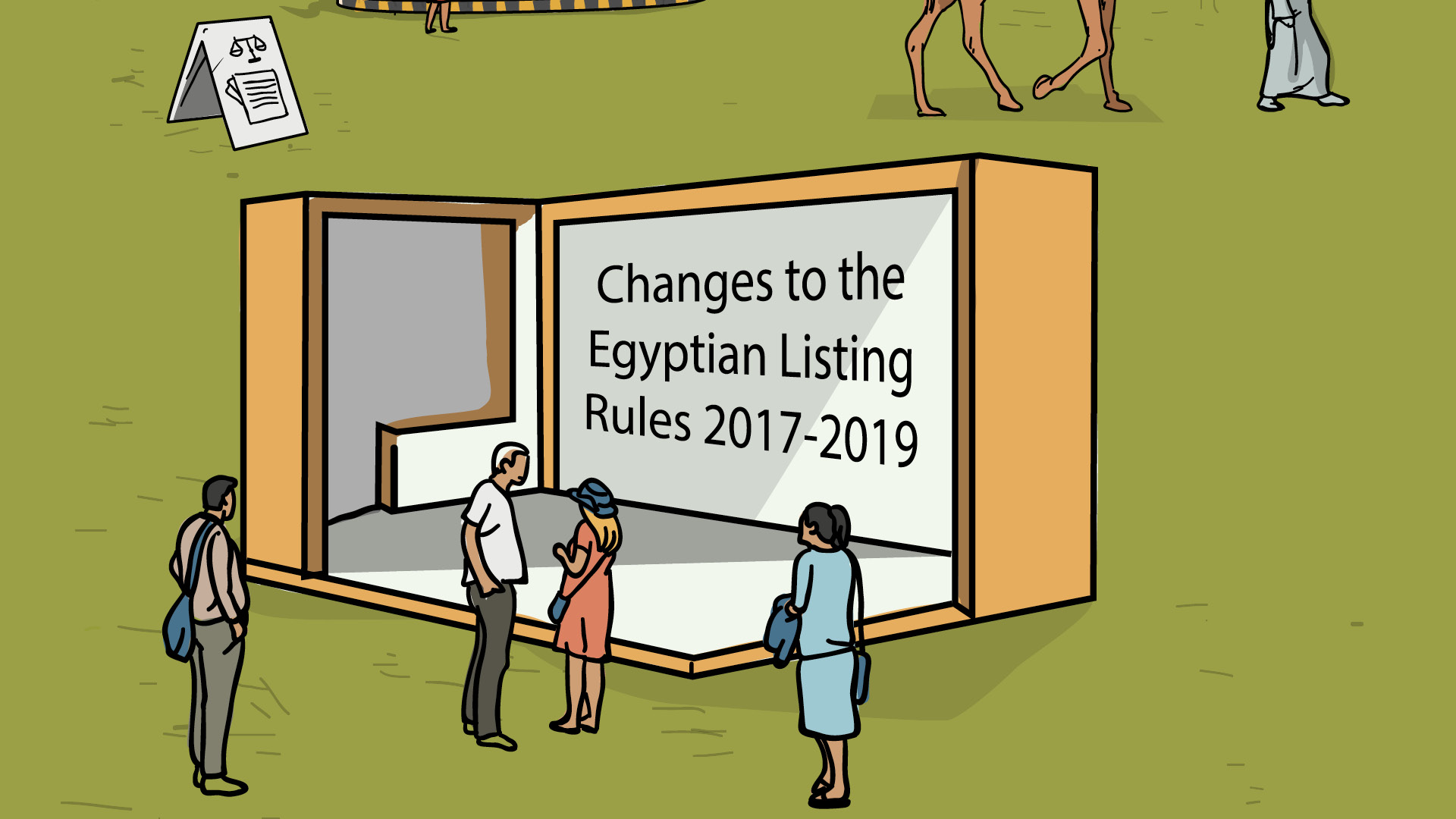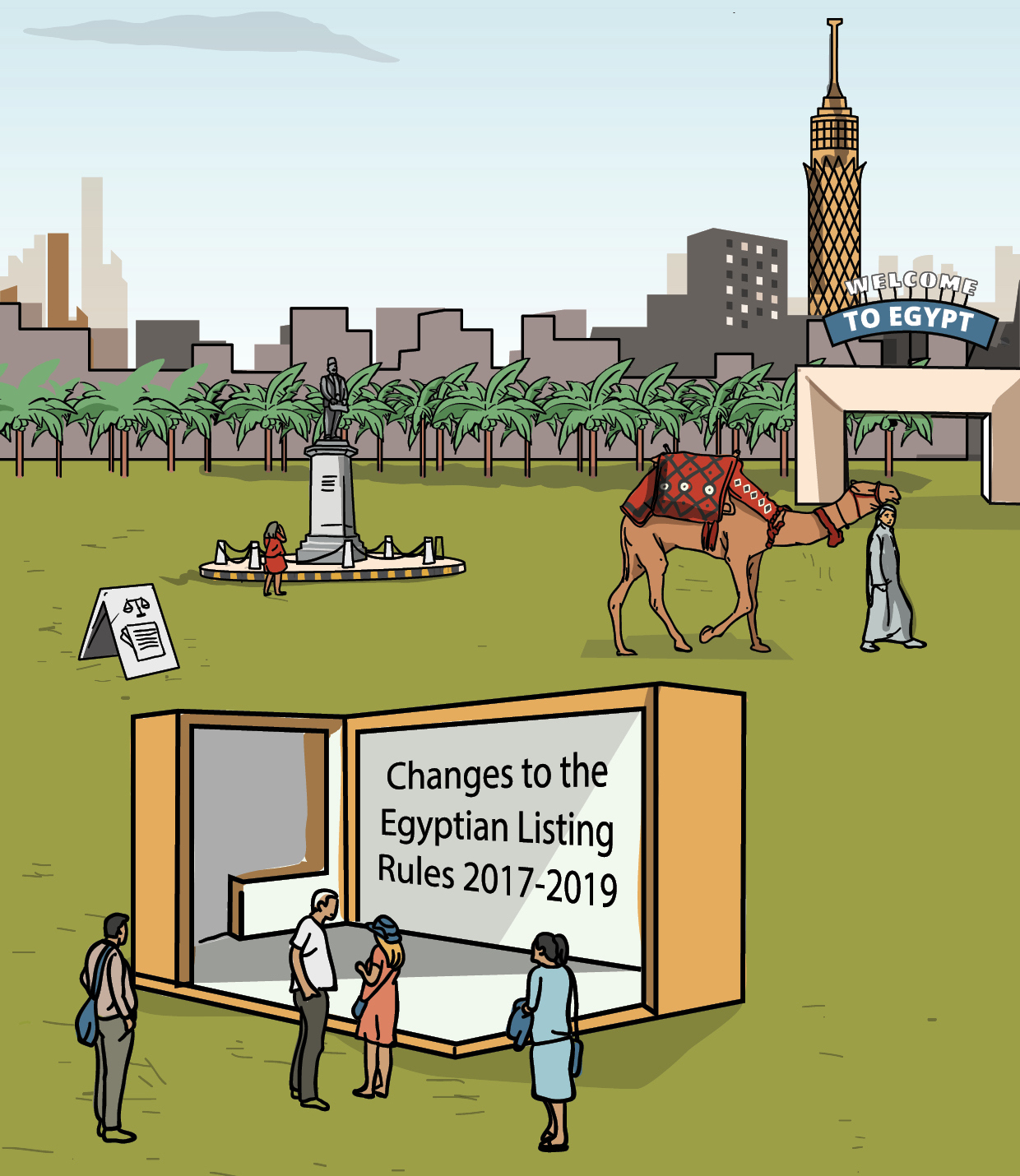- Arbitration
- Banking & Finance
- Capital Markets
- Commercial
- Competition
- Construction & Infrastructure
- Corporate / Mergers & Acquisitions
- Corporate Services
- Corporate Structuring
- Digital & Data
- Dispute Resolution
- Employment & Incentives
- Family Business & Private Wealth
- Innovation, Patents & Industrial Property (3IP)
- Insurance
Find a Lawyer
Book an appointment with us, or search the directory to find the right lawyer for you directly through the app.
Find out more
Level Up: Unlocking Financial Potential In The Middle East
Welcome to this edition of Law Update, where we focus on the ever-evolving landscape of financial services regulation across the region. As the financial markets in the region continue to grow and diversify, this issue provides timely insights into the key regulatory developments shaping banking, investment, insolvency, and emerging technologies.


2025 is set to be a game-changer for the MENA region, with legal and regulatory shifts from 2024 continuing to reshape its economic landscape. Saudi Arabia, the UAE, Egypt, Iraq, Qatar, and Bahrain are all implementing groundbreaking reforms in sustainable financing, investment laws, labor regulations, and dispute resolution. As the region positions itself for deeper global integration, businesses must adapt to a rapidly evolving legal environment.
Our Eyes on 2025 publication provides essential insights and practical guidance on the key legal updates shaping the year ahead—equipping you with the knowledge to stay ahead in this dynamic market.
The leading law firm in the Middle East & North Africa region.
A complete spectrum of legal services across jurisdictions in the Middle East & North Africa.
-
Practices
- All Practices
- Banking & Finance
- Capital Markets
- Commercial
- Competition
- Construction & Infrastructure
- Corporate / Mergers & Acquisitions
- Corporate Services
- Corporate Structuring
-
Sectors
-
Country Groups
-
Client Solutions
Today's news and tomorrow's trends from around the region.
17 offices across the Middle East & North Africa.
Our Services
 Back
Back
-
Practices
- All Practices
- Banking & Finance
- Capital Markets
- Commercial
- Competition
- Construction & Infrastructure
- Corporate / Mergers & Acquisitions
- Corporate Services
- Corporate Structuring
- Digital & Data
- Dispute Resolution
- Employment & Incentives
- Family Business & Private Wealth
- Innovation, Patents & Industrial Property (3IP)
- Insurance
- Intellectual Property
- Legislative Drafting
- Private Client Services
- Private Equity
- Private Notary
- Projects
- Real Estate
- Regulatory
- Tax
- Turnaround, Restructuring & Insolvency
- White Collar Crime & Investigations
-
Sectors
-
Country Groups
-
Client Solutions

- Law Firm
- /
- Insights
- /
- Law Update
- /
- June – July 2019
- /
- Changes to the Egyptian Listing Rules 2017-2019
Changes to the Egyptian Listing Rules 2017-2019
Samih A. Talaat
 In the past few years, the Egyptian business scene has undergone radical changes on the regulatory, economic and political fronts that have enabled the development of the Egyptian market and opened the door to a myriad of potential investements. As a result of these dynamic changes and the evolving economic landscape, the Egyptian Exchange (the ‘EGX’), one of the oldest and most prominent stock exchanges in the region, has been one of the institutions most affected by such developments. Consequently, and in order to cater for the increased appetite for regulation, the Egyptian authorities introduced the EGX listing and de-listing rules (the ‘Listing Rules’) and assigned the Financial Regulatory Authority (the ‘FRA’) to oversee and monitor the effectiveness of the Listing Rules. That being said, the FRA has been constantly updating the Listing Rules to ensure their conformity with regional and global trends. Throughout this article, we will provide an overview of the most important amendments introduced by the FRA to the Listing Rules from late 2017 to date.
In the past few years, the Egyptian business scene has undergone radical changes on the regulatory, economic and political fronts that have enabled the development of the Egyptian market and opened the door to a myriad of potential investements. As a result of these dynamic changes and the evolving economic landscape, the Egyptian Exchange (the ‘EGX’), one of the oldest and most prominent stock exchanges in the region, has been one of the institutions most affected by such developments. Consequently, and in order to cater for the increased appetite for regulation, the Egyptian authorities introduced the EGX listing and de-listing rules (the ‘Listing Rules’) and assigned the Financial Regulatory Authority (the ‘FRA’) to oversee and monitor the effectiveness of the Listing Rules. That being said, the FRA has been constantly updating the Listing Rules to ensure their conformity with regional and global trends. Throughout this article, we will provide an overview of the most important amendments introduced by the FRA to the Listing Rules from late 2017 to date.
A. The Listing Process
In 2017, the FRA introduced radical changes to the listing process that enabled the FRA to become the key authority throughout the process. As per the amendments, any company that wishes to list its shares on the EGX shall register before the FRA and obtain its prior approval to such listing. Additionally, any entity that wishes to list on the EGX shall register first with the FRA. The 2017 amendments also introduced a mechanism by which listed companies can de-merge. In fact, if a listed company undergoes a de-merger, the newly-formed entities shall remain listed on the EGX, provided that they maintain the minimum requirements for capital, shareholding, number of shares, and percentage of free float shares.
B. Free Float Requirement
While the FRA usually focuses on updating the methodology and processes that are applied by the Listing Rules, it recently took the initiative to start analysing the rules that regulate the maintenance of the listing and ways to preserve it. As a result of such initiative, in March 2018, the FRA introduced amendments to the free float requirement. Firstly, the number of shares that are intended to be listed should not fall below 25 percent or 0.0025 percent of the total EGX free float and in all cases no less than 10 percent of the company’s capital. Secondly, the FRA mandated that, in order for a company to maintain its listing, the amount of free floating shares shall not fall below 10 percent or 0.00125 percent of the total EGX free float representing at least five percent of the company’s capital. The FRA introduced such changes to enable large companies to preserve and maintain their listing on the EGX.
C. Board Membership of Listed Companies
In an effort to form boards of directors that are strong and are characterised by their integrity, the FRA decided that any person that assumes a membership on the board of a listed company should not, within the five years preceding his/her appointment, have been found guilty of any financial or criminal crime. It is worth noting that, by adopting such requirement, the FRA is introducing a very high threshold, that supersedes the threshold required by law for regular companies.
D. Listing of Foreign Holding Companies
Recently, many Egyptian businesses, especially those that are run by families, decided to undergo restructuring processes that involved off-shoring their companies within foreign jurisdictions, with the aim of seeking better corporate governance, estate planning as well as trying to benefit from the dual tax treaties entered into between Egypt and many tax-friendly jurisdictions. However, such businesses always faced an issue when it came to listing the shares of the holding entity since the Listing Rules mandated that for a foreign entity to be listed on the EGX, it must be simultaneously listed on another recgonised foreign stock exchange. Evidently, the issue of dual listing posed many problems and challenges to such businesses, impeding them from listing their holding companies and resulting, instead, in significant group restructuring or abortion of the planned IPO. As a result of such complications, the FRA allowed foreign entities to be able to be listed on the EGX, even if they are not listed on any other stock exchange, on the condition that: (i) more than 50 percent of its revenues, profits and assets are generated and/or located in Egypt; and (ii) it presents consolidated financial statements for the two years preceding the listing request. The introduction of such a change will allow for more foreign holding entities of Egyptian businesses to list on EGX more swiftly.
E. Voluntary De-listing
Among the FRA’s core objectives is the desire to ensure that the Listing Rules offer ample protection to minority shareholders of listed companies and guarantee that majority shareholders do not take any action that would hinder minority shareholders’ rights that are preserved by law. In light of the aforementioned, the FRA introduced further requirements to the process of voluntary de-listing that would enable it to fulfil such mandate. Firstly, in the event of a presence of a conflict of interest, the FRA may oblige the majority shareholder and its affiliates to waive their voting rights at the general assembly meeting discussing the de-listing of the company. Secondly, if the FRA resolves that material events or transactions have occurred prior to the date of the board meeting of the target company calling for its extraordinary general assembly meeting to consider the de-listing (the date which is used in identifying the period during which the average price of the stock is determined, that being the price payable to the minority shareholders in normal circumstances) that would affect said company’s value at the time of de-listing, the FRA may require that the shares of those minority shareholders opposed to the de-listing be bought at a price determined by an independent financial advisor. Such changes shall guarantee the utmost levels of fairness, integrity and transparency throughout the de-listing process.
While the FRA constantly seeks to update the Listing Rules in a manner that is consistent with the ever-evolving financial trends as well as the rules of other stock markets that are considered to be trendsetters at regional and international levels, the FRA needs to further address the areas of the Listing Rules that, despite ongoing efforts, remain an obstacle to companies entering the Egyptian market as well as close existing loopholes which currently could enable circumvention of the laws.
Al Tamimi & Company’s Corporate Commercial team regularly advises on capital markets. For further information please contact Mohamed Gabr (m.gabr@tamimi.com).
Stay updated
To learn more about our services and get the latest legal insights from across the Middle East and North Africa region, click on the link below.


